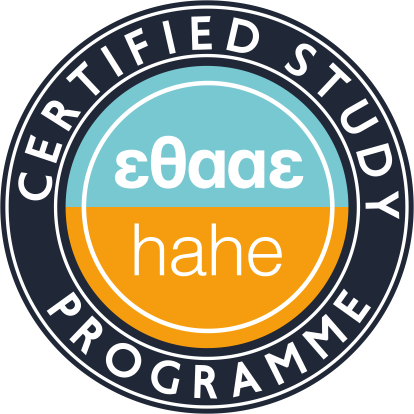Social change and causes of social change, social movements, future perspectives.
After completing the course, students:
they will understand the subject of sociology and basic theoretical approaches of sociology,
they will describe ways of social organization and the special characteristics of modern social organization,
they will recognize social phenomena and events, social structures, social institutions, social roles and social relationships,
they will distinguish the differences between social groups, social groups and social categories,
they will understand the process and mechanisms of socialization, as well as the role of its agents,
discuss issues of group dynamics such as group size, leadership, teamwork, social laziness, social dilemmas, groupthink and conformity;
they will recognize types of typical organizations of socio-economic life,
they will analyze the modern organization of work and economic life,
they will discuss the functions of the family and contemporary changes in family structures and family life,
they will understand the concept of social stratification and identify cases of social inequalities,
will discuss issues of power and contemporary political organization,
they will understand crime as a social phenomenon, they will distinguish types of deviant behavior,
they will discuss the role of religion in social and economic life,
they will perceive diversity as an element of society, they will identify examples of prejudice,
they will explain the social functions of the school and argue about the role of education in the reproduction or change of society
Η διδακτέα ύλη βασίζεται στο βιβλίο Michael Hughes, Carolyn Kroehler, Κοινωνιολογία – Οι βασικές έννοιες, Αθήνα (Κριτική) 2014.
Πρόσθετη προαιρετική συνιστώμενη βιβλιογραφία αποτελούν ενδεικτικά τα εξής συγγράμματα:
Anthony Giddens, Κοινωνιολογία, Αθήνα (Gutenberg) 2009.
Bottomore T., Κοινωνιολογία. Κεντρικά Προβλήματα και Βασική Βιβλιογραφία, Αθήνα (Gutenberg) 1990.
D. Blackledge, B. Hunt, Κοινωνιολογία της Εκπαίδευσης, Αθήνα (Έκφραση) 1995.
A. Giddens, Εισαγωγή στην Κοινωνιολογία, Αθήνα (Οδυσσέας) 1989.
Γ. Ι. Μανζαρίδης, Κοινωνιολογία του Χριστιανισμού, Θεσσαλονίκη (Πουρναράς) 2002.
Λ. Μουσούρου, Κοινωνιολογία της σύγχρονης οικογένειας, Αθήνα (Gutenberg) 1993.
Χ. Οικονόμου, Κοινωνιολογία της υγείας, Τόμος Α΄, Βασικές θεωρητικές προσεγγίσεις, Αθήνα (Διόνικος) 2005.
Μ. Σεραφετινίδου, Εισαγωγή στην πολιτική κοινωνιολογία, Αθήνα (Gutenberg) 2002.
Συλλογικό Έργο, Κοινωνικές ανισότητες και κοινωνικός αποκλεισμός, Αθήνα (Ίδρυμα Σάκη Καράγιωργα) 1996.
Κ. Τσουκαλάς, Κράτος, κοινωνία, εργασία στη μεταπολεμική Ελλάδα, Αθήνα (Θεμέλιο) 1999.
Ι. Φαρσεδάκης, Η κοινωνική αντίδραση στο έγκλημα και τα όρια της, Αθήνα (Νομική Βιβλιοθήκη) 1991. Β. Φίλιας, Κοινωνικά Συστήματα στον 20ο αιώνα, Αθήνα (Gutenberg) 1988.


